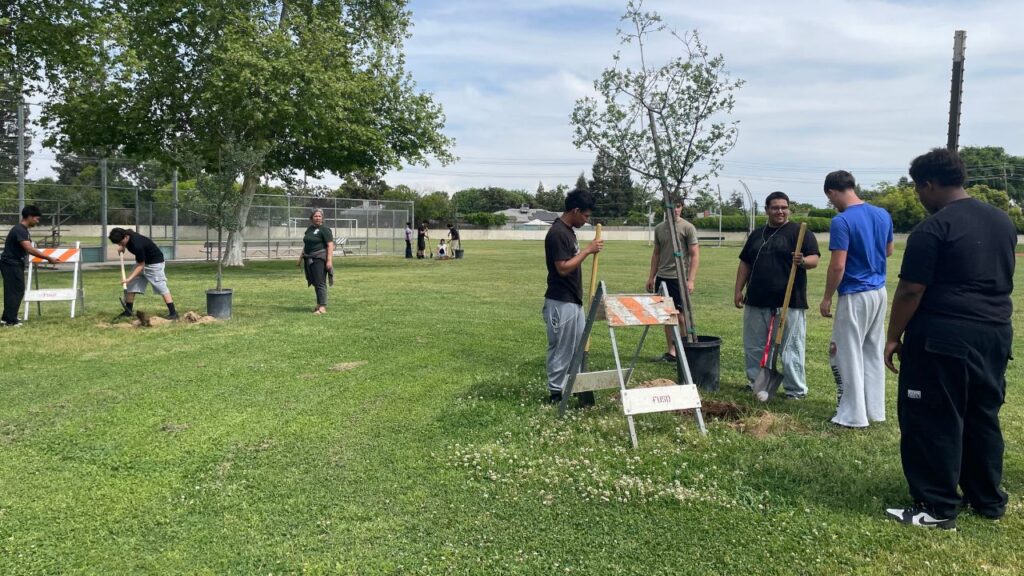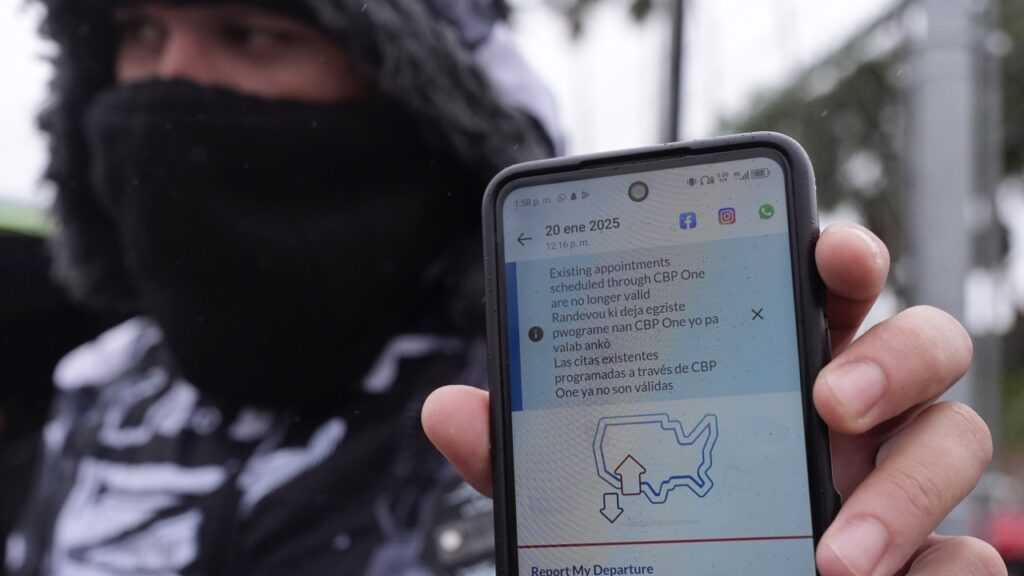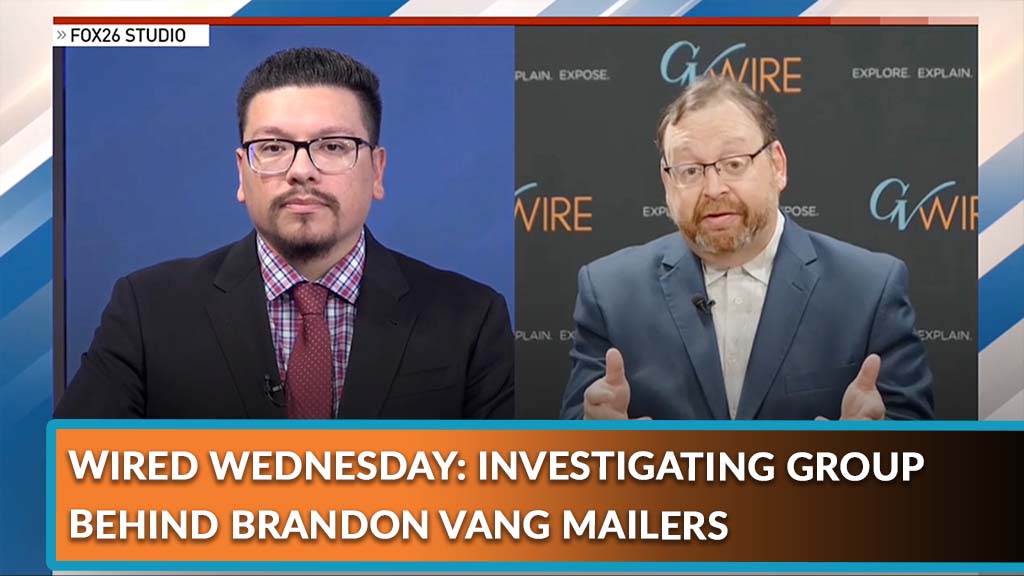An ambitious AI chatbot project for Los Angeles students faltered after the startup partner faced financial collapse. (Los Angeles Unified)

- Los Angeles schools planned a $6M AI 'friend' named Ed to boost academics and mental health for 500,000 students.
- The startup AllHere, contracted to build Ed, furloughed staff due to financial issues just months after launch.
- Experts caution schools about the risks of investing heavily in unproven AI tech, citing privacy and accuracy concerns.
Share
An AI platform named Ed was supposed to be an “educational friend” to half a million students in Los Angeles public schools. In typed chats, Ed would direct students toward academic and mental health resources, or tell parents whether their children had attended class that day, and provide their latest test scores. Ed would even be able to detect and respond to emotions such as hostility, happiness and sadness.
Alberto Carvalho, the district’s superintendent, spoke about Ed in bold terms. In an April speech promoting the software, he promised it would “democratize” and “transform education.” In response to skeptics of AI, he asked, “Why not allow this edutainment approach to capture and captivate their attention, be the motivator?”
One seventh-grade girl who tested the chatbot — personified by a smiling, animated sun — had reported, “I think Ed likes me,” Carvalho said.
Related Story: LA’s Schools Chief Knows What It’s Like to Be Undocumented
A Bold Vision for Ed
Los Angeles agreed to pay a startup company, AllHere, up to $6 million to develop Ed, a small part of the district’s $18 billion annual budget. But just two months after Carvalho’s April presentation at a glittery tech conference, AllHere’s founder and CEO left her role, and the company furloughed most of its staff. AllHere posted on its website that the furloughs were because of “our current financial position.”
AI companies are heavily marketing themselves to schools, which spend tens of billions of dollars annually on technology. But AllHere’s sudden breakdown illustrates some of the risks of investing taxpayer dollars in artificial intelligence, a technology with enormous potential but little track record, especially when it comes to children. There are many complicated issues at play, including privacy of student data and the accuracy of any information offered via chatbots. And AI may also run counter to another growing interest for education leaders and parents — reducing children’s screen time.
Natalie Milman, professor of educational technology at George Washington University, said she often advises schools to take a “wait and see” approach to purchasing new technology. While AI is worthy of use and testing, she said, she warned about schools “talking nebulously about this glorified tool. It has limitations, and we need to ensure we are being critical of what it can do, and its potential for harm and misinformation.”
Related Story: ACLU Sues Defense Department Schools Over Book Bans
Risks and Expert Warnings
AllHere did not respond to interview requests or written questions.
In a statement, Britt Vaughan, a spokesperson for the Los Angeles school district, drew a distinction between distracted students being “consumed by phones during the school day” and students using laptops or tablets to interact with the Ed platform, which he said was “intended to provide individualized educational pathways to address student learning.”
Anthony Aguilar, chief of special education for the district, said that despite the collapse of AllHere, a truncated version of Ed remained accessible to families in the district’s 100 “priority” schools, whose students struggle with academics and attendance.
But that software is not a sophisticated, interactive chatbot. It is a website that gathers information from across many other apps the district uses to track assignments, grades and support services. Students using the site can also complete some learning activities on the platform, such as math problems.
The Ed chatbot promoted by Carvalho was tested with students 14 and older, but it was taken offline to refine how it answers user questions, Aguilar said. The goal is for the chatbot to be available in September, a challenge given that AllHere was supposed to provide ongoing technical support and training to school staff, according to its contract with the district. The district said it hoped AllHere would be acquired and that the new owner would continue services.
Related Story: Money, Not Instruction Time, Is at Heart of Designated Schools Negotiations
Startup Struggles and Shifting Missions
Aguilar said the idea for the software had originated with the district, as part of Carvalho’s plan to help students recover from the academic and emotional effects of the pandemic.
AllHere had won a competitive bidding process to build it, Aguilar said.
But the project represented a vast and unwieldy challenge for the startup, which was best known as a provider of automated text messages from schools to families.
AllHere had attracted $12 million in venture capital funding, according to Crunchbase. Its founder and CEO, Joanna Smith-Griffin, now 33, was featured in Forbes, CBS and other media outlets telling a compelling story. As a former educator whose own students were often absent, she said, she founded AllHere in 2016 to help solve the problem.
Automated text messaging seemed to meet the moment when the COVID-19 pandemic began, and chronic absenteeism became a national crisis. In the spring of 2020, AllHere acquired technology developed by Peter Bergman, an economist and education technology expert. It enabled schools to send “nudges” to parents via text messages about attendance, missing assignments, grades and other issues.
Smith-Griffin often spoke about founding AllHere at the Harvard Innovation Labs, a university program to support student entrepreneurs. According to Matt Segneri, the labs’ executive director, Smith-Griffin’s affiliation with the program occurred while she was an undergraduate and then graduate student at the Harvard Extension School.
Like many small startups, the company shifted its mission over time. Last year, AllHere began talking more about an “AI-powered intuitive chatbot.” AllHere would provide artificial intelligence to schools while also keeping a “human in the loop,” the company said, meaning human moderators would oversee the AI to ensure safety and security — a potentially expensive, labor-intensive proposition.
Stephen Aguilar, a professor of education at the University of Southern California — who is not related to Anthony Aguilar — said it was “a fairly common problem” for ambitious school tech efforts to fail. He formerly worked as a developer of educational software, including some projects that could not be delivered as promised.
“Districts have a lot of complex needs and a lot of safety concerns,” he said. “But they often lack the technical expertise to really vet what they are buying.”
The foray into AI is not the first time Los Angeles has made a big bet on education technology, with questionable returns. Beginning in 2013, under a previous superintendent, the district spent tens of millions of dollars buying iPads preloaded with curriculum materials, but the effort was marred by security concerns and technical mishaps.
In Carvalho’s April speech, at a conference hosted by Arizona State University and GSV Ventures, a venture capital firm, he said the Ed chatbot would have access to student data on test scores, mental health, physical health and family socioeconomic status.
Smith-Griffin joined him onstage to explain that student data would live in “a walled garden” accessible only within “the Ed ecosystem.”
Smith-Griffin did not respond to requests for an interview. Vaughan of Los Angeles schools said the district would protect data privacy and security on the platform “regardless of what happens to AllHere as a company.”
In April, AllHere said it was serving “9,100 schools across 36 states.” According to reporting from The74, an education news site, some of AllHere’s other school district contracts, in the five-figure range, were tiny compared with its deal with Los Angeles, which had already netted the company over $2 million.
Some customers beyond Los Angeles have been told that the company’s services are essentially defunct.
Prince George’s County Public Schools in Maryland learned from AllHere on June 18 that “effective immediately” the startup would no longer be able to provide its text messaging service, a district spokesperson said, because of “unforeseen financial circumstances.”
—
This article originally appeared in The New York Times.
By Dana Goldstein
c. 2024 The New York Times Company
RELATED TOPICS:
Artfully Staged for Takeoff: Fresno Airport Expansion Nears Finish
3 hours ago
Chipotle Tempers Annual Sales Forecast as Dining-out Takes a Hit
3 hours ago
General Motors to Increase Production at Ohio Transmission Facility
3 hours ago
US Justice Department Directs Investigations Over Gender-Affirming Care
3 hours ago
Exclusive: Trump Expected to Sign Order Pushing Training for Skilled Trades
3 hours ago
Kennedy Declares ‘Sugar Is Poison’ While Announcing Ban on Food Dyes
4 hours ago

Five Arrested in Fresno County Robbery Spree. Some Linked to Venezuelan Gang

US Brings First Terrorism Charges Against Alleged Venezuelan Gang Member
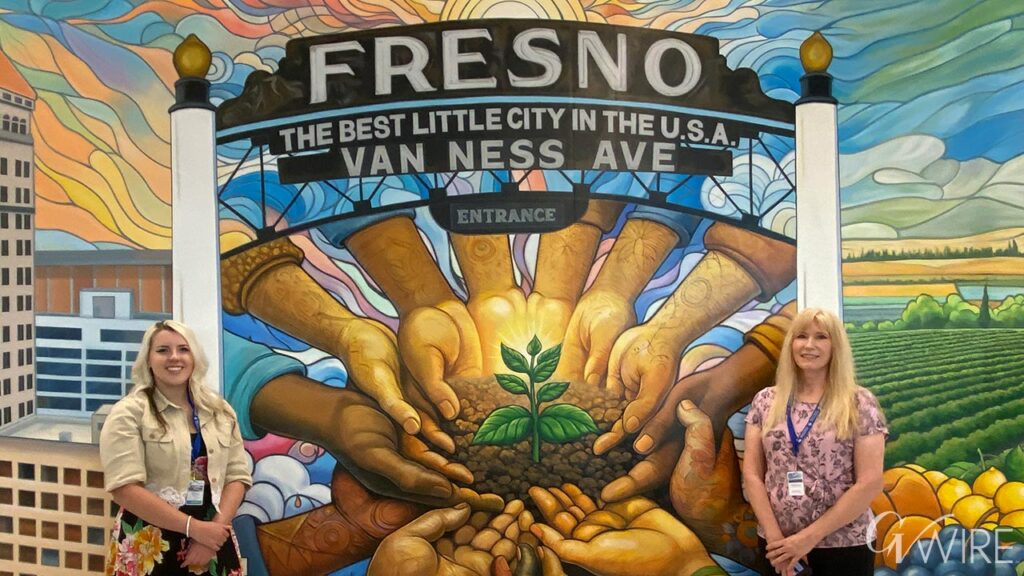
Artfully Staged for Takeoff: Fresno Airport Expansion Nears Finish

Chipotle Tempers Annual Sales Forecast as Dining-out Takes a Hit
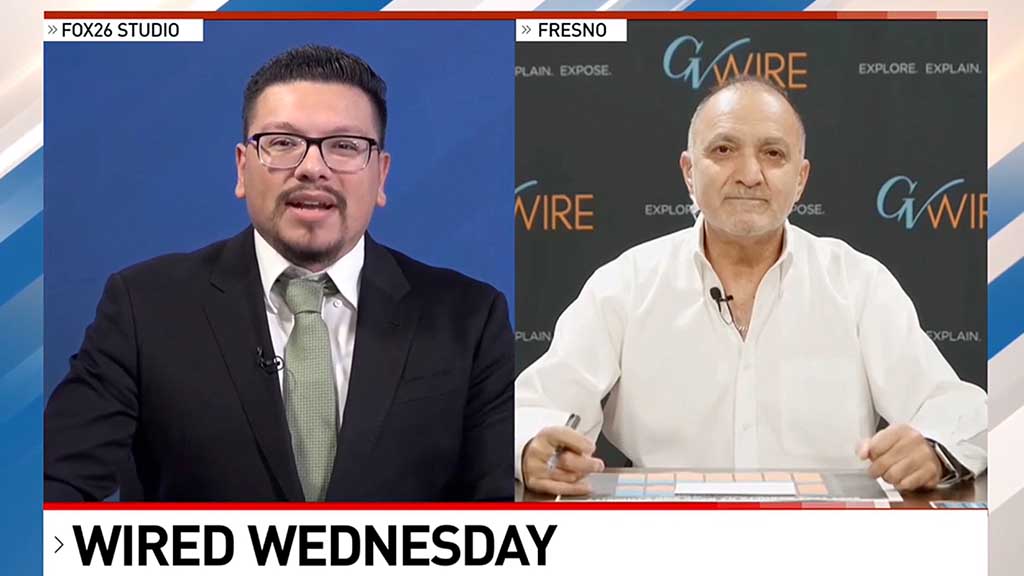
Wired Wednesday: What’s the Future of Fresno Unified and the Superintendent Position?

Zakaria Draws Parallels Between Trump’s Tariffs, Failed 1930s Economic Policies





